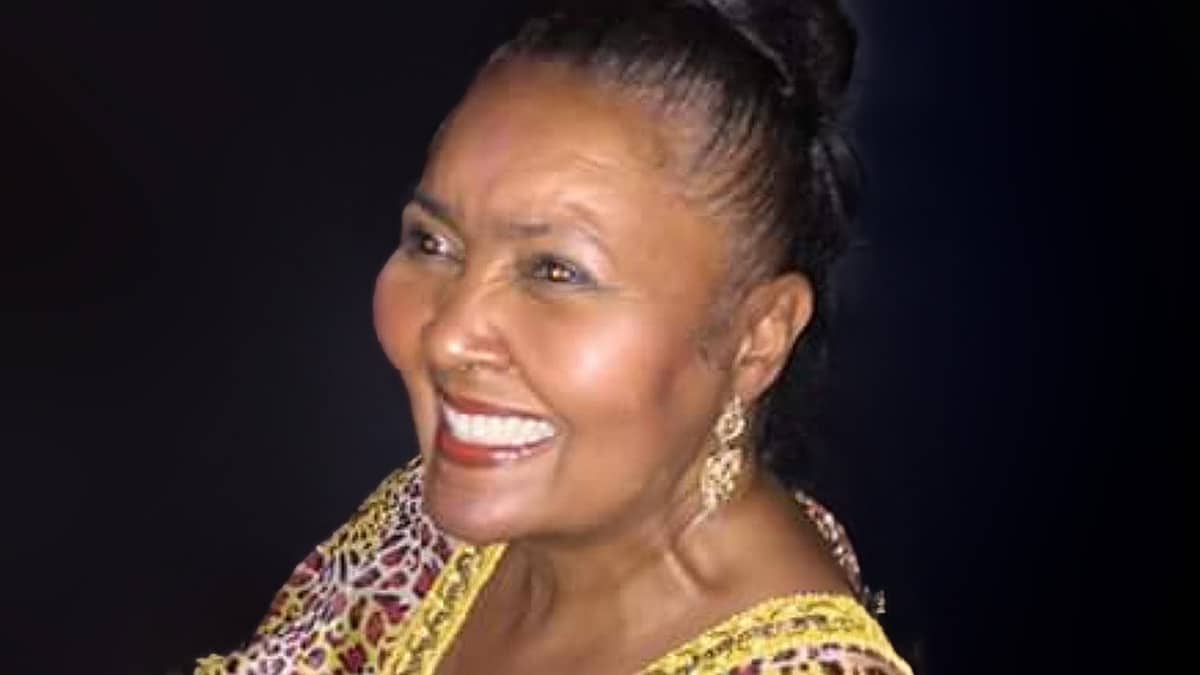Retaliation and Ruin: Dr. Duane Bonds’ Fight for Justice
Dr. Bonds, a leading sickle cell researcher, was retaliated against and ultimately fired after reporting the unethical and illegal collection of blood samples from African-American infants without proper informed consent, leading to a legal battle over whistleblower protection and discrimination.

A Career of Achievement
Dr. Bonds boasts a distinguished career dedicated to combating sickle cell disease and other medical conditions affecting fetal and maternal health. In 1990, she joined the National Heart, Lung, and Blood Institute (NHLBI), a part of the Department of Health and Human Services, as Deputy Chief of the Sickle Cell Disease Branch, where she was responsible for coordinating and overseeing all NHLBI’s sickle cell disease human clinical trials and epidemiological studies. Throughout her tenure at NHLBI, Dr. Bonds consistently received high performance appraisals, promotions, and awards, earning recognition as a leading researcher in her field.

Duane Robina Bonds, MD
Duane Passed away on March 8, 2019 after a brief illness.
The Discovery and the Dilemma
In 2005, while serving as the project officer for a clinical trial, Dr. Bonds made a disturbing discovery: blood samples had been taken from African-American infants without proper informed consent. These samples were used to create immortalized cell lines for future research. Appalled by this unauthorized action and the ethical implications it carried; Dr. Bonds took quick action.
Initial Actions
Dr. Bonds ordered the immediate destruction of the improperly obtained cell lines. However, her supervisor, Dr. Charles Peterson, overruled her order. Undeterred, Dr. Bonds escalated her concerns to NHLBI’s Director, Dr. Elizabeth Nabel. Initially, Dr. Nabel expressed agreement with Dr. Bonds’ position but ultimately failed to take any concrete steps to ensure the destruction of the cell lines.
Retaliation
Dr. Bonds’ courageous actions were met with swift retaliation. Within days of reporting the issue, she was abruptly removed from her position as Sickle Cell Disease Coordinator and threatened with termination if she disclosed the unauthorized cell lines or her removal to anyone. NHLBI then initiated an investigation, hiring an outside attorney at a cost of over $100,000 in taxpayer funds. This investigation ultimately culminated in Dr. Bonds’ termination.
External Assistance
Frustrated by the lack of internal resolution and the apparent cover-up, Dr. Bonds took her concerns outside the agency, reporting the illegal cell lines to the federal Office of Special Counsel (OSC). The OSC conducted its own investigation, concluding that NHLBI’s failure to destroy the cell lines violated federal law. A report detailing these findings was submitted to the President.
More Retaliation
Despite the ongoing OSC investigation, NHLBI continued its retaliatory actions. The agency illegally searched Dr. Bonds’ emails, uncovering her OSC complaint. Shortly thereafter, Dr. Bonds was terminated, ostensibly for missing expiration dates on drug labels used in one of her studies. However, evidence suggests that her supervisor, Dr. Peterson, was aware that the label issue had been previously reported and ignored this fact, using it as a pretext for Dr. Bonds’ dismissal.
Legal Action and Court Ruling
Following her termination, Dr. Bonds filed a lawsuit against the Department of Health and Human Services, alleging whistleblower retaliation, race and gender discrimination, and the creation of a hostile work environment. The court issued a mixed ruling:
- Whistleblower Retaliation: The court ruled in favor of Dr. Bonds on this claim, finding sufficient evidence to suggest her termination was a consequence of her whistleblowing activities. This ruling allows Dr. Bonds to proceed with her case in federal court, aiming to prove her termination was indeed retaliatory.
- Race and Gender Discrimination: The court dismissed this claim, stating that Dr. Bonds did not provide sufficient evidence to establish that her termination was motivated by her race or gender.
- Hostile Work Environment: This claim was also dismissed, with the court concluding that the alleged actions against Dr. Bonds did not meet the legal threshold for a hostile work environment.
Dr. Bonds’ case reveals the significant challenges faced by whistleblowers, even within the federal government, where protections are supposedly in place. Despite these protections, Dr. Bonds faced immediate and severe retaliation for exposing ethical violations. The case also underscores the difficulty of proving discrimination claims, particularly in the absence of direct evidence.
While Dr. Bonds achieved partial victory, her case also reveals the difficulties faced by individuals seeking to hold employers accountable for wrongdoing.

